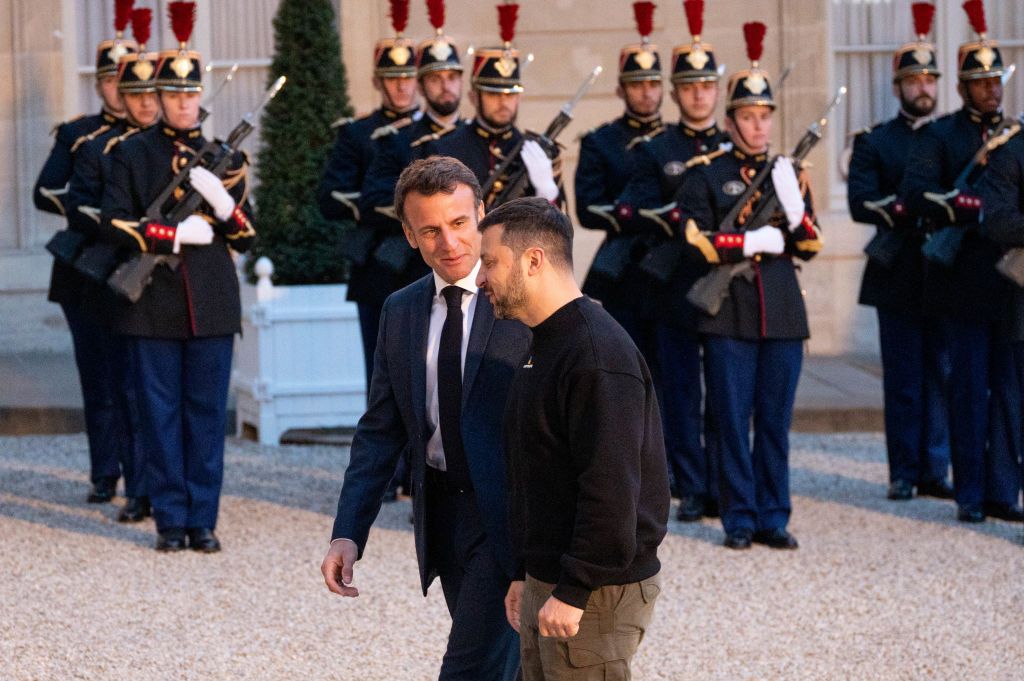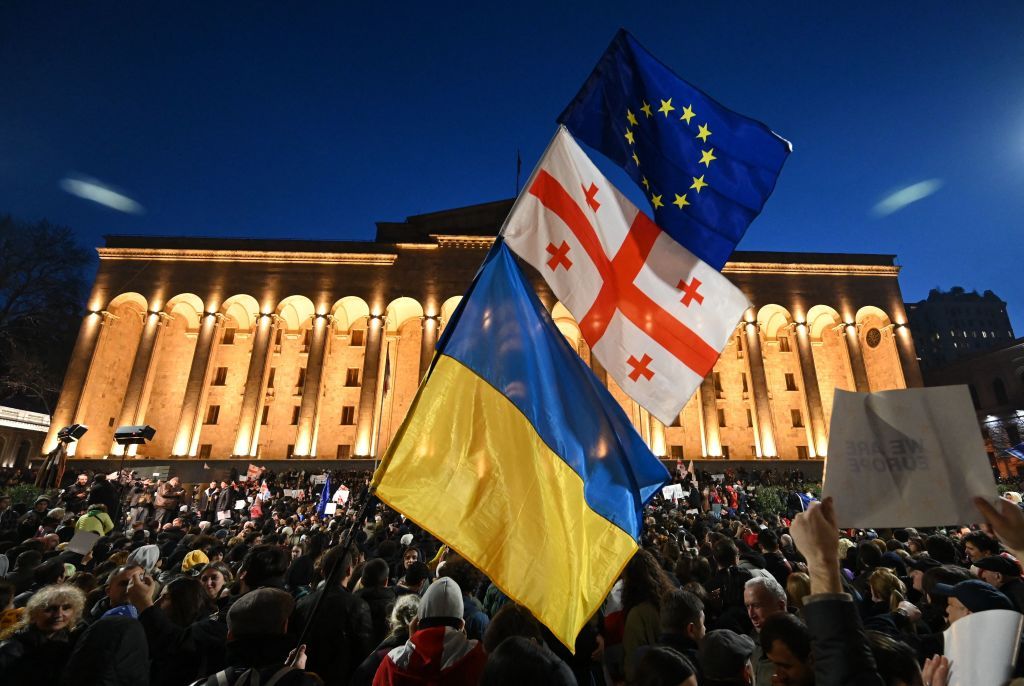Carl Bildt: The high stakes of NATO's Vilnius summit

Editor’s Note: Copyright, Project Syndicate. The following article was published by Project Syndicate on May 17, 2023, and has been republished by the Kyiv Independent with permission. The opinions expressed in the op-ed section are those of the authors and do not purport to reflect the views of the Kyiv Independent.
STOCKHOLM – With NATO’s mid-July summit in Vilnius fast approaching, the question on everyone’s mind is how to avoid another debacle concerning Ukraine’s prospective membership in the alliance. When NATO leaders addressed the same issue in Bucharest 15 years ago, they failed to reach a credible agreement about how to address Ukraine and Georgia’s aspirations for membership. We have all been living with the consequences.
In the run-up to the 2008 summit, Ukrainian President Viktor Yushchenko and Georgian President Mikheil Saakashvili persuaded U.S. President George W. Bush that NATO membership was the best option for their countries. Bush, in turn, promised that he would deliver a NATO decision in Bucharest. It didn’t end well. French President Nicolas Sarkozy and German Chancellor Angela Merkel were hostile to the idea, arguing that Ukraine and Georgia were not ready for membership, and that one should not risk alienating Russia.
The first point was undoubtedly valid with respect to Ukraine, not least because large segments of Ukrainian society firmly opposed NATO membership. It had been only a decade since NATO bombs fell on Belgrade, so the question of joining the alliance was still highly divisive. Had membership been put to a referendum, it is unclear what Ukrainian voters would have decided.
Obviously, Russia, too, opposed the idea. Russian President Vladimir Putin made that clear when he joined the summit (these were different times) and delivered a speech essentially denying Ukrainian statehood. The audience was stunned, but he has stuck unwaveringly to that position for years.
In the event, NATO leaders forged a compromise that represented the worst of all possible worlds. While the alliance made clear that Georgia and Ukraine ought to become members, it hastened to add that accession would not happen then and there. The door to future membership appeared to have been opened, both fanning the flames in Russia and inflating the hopes of those who supported the idea.
Yet neither side had any real foundation for believing what it did. NATO’s fuzzy compromise did not really pose a threat to Russia because it did not really bring Ukraine and Georgia materially closer to membership. Until Putin’s illegal annexation of Crimea in 2014, Ukraine maintained a policy of neutrality vis-à-vis Russia and NATO.

Nonetheless, the legacy of NATO’s Bucharest debacle has remained a burden to the alliance ever since. Now that there is a renewed push for Ukrainian membership, the issue will take center stage in Vilnius. The situation has changed profoundly since 2014. Russia’s full-scale invasion of Ukraine last year has rendered fears of provoking the Kremlin moot, and the question of NATO membership is no longer highly divisive in Ukraine. Putin’s war of aggression has fully united the country in support of it.
Still, the politics of the issue are no less complicated than they were 15 years ago. Plenty of policymakers in Washington and other Western capitals are wary of bringing Ukraine into the alliance too quickly. It remains unlikely that two-thirds of U.S. senators are prepared to ratify NATO membership for Ukraine in the run-up to the 2024 presidential election. The problem is not only that some Republicans oppose a “blank check” for Ukraine; it is that Joe Biden’s administration and congressional Democrats will not want to hand Donald Trump a useful issue with which to support his “America First” re-election bid.
Moreover, NATO membership for Ukraine arguably is not the most pressing issue at the moment. While the prospect of the U.S. deploying troops to the frontline battlefield of Bakhmut is a long way off, maintaining a strong, consistent flow of military and financial support to Ukraine is urgent and fully achievable as long as there is political will for it. In the months ahead, concrete support will be far more useful to Ukraine than formal commitments on paper.
Nonetheless, the trauma of Bucharest will hang over this year’s summit. Many of NATO’s Eastern European members feel strongly that now is the time to correct past mistakes and flesh out the vague, unspecified promise that was offered 15 years ago. Another Bucharest-style debacle, they warn, would haunt the alliance for years to come.
In the end, the wordsmiths will have to produce a solution that provides a clear path to Ukrainian membership even as it falls short of immediate accession. Unlike in 2008, there can no longer be any doubt that membership will come one day. Ukraine’s security is key to European stability, and that will remain the case for decades. Resisting aggression and safeguarding Europe are the reasons why NATO was created in the first place. At stake in Vilnius is not just Ukraine’s future but also that of the alliance.












